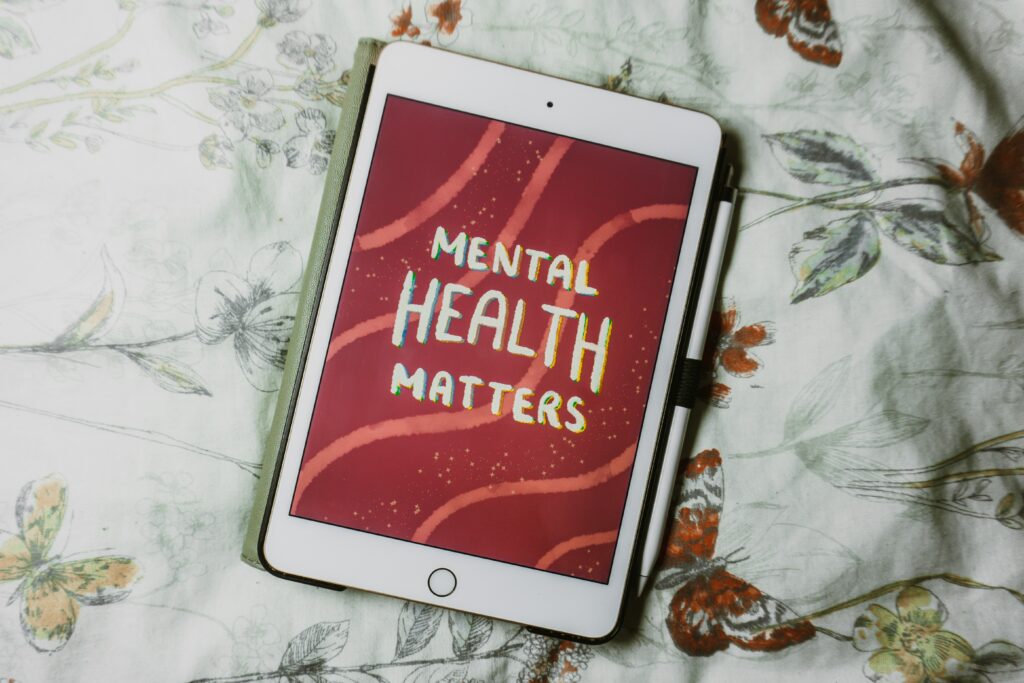In today’s fast-paced world, health care works best when it’s connected and coordinated. For too long, physical health and mental health have been treated as separate concerns. At Central Florida Counseling & Recovery Centers (CFCRC), we know that true well-being requires caring for both — together.
Integrating primary care with mental health services bridges that gap, making it easier for individuals to receive comprehensive, compassionate care. Whether you’re a patient seeking whole-person support or a provider looking for trusted collaborative care, understanding the importance of integrated services can transform the path to wellness.
In this article, we’ll explore why integration matters, how CFCRC puts it into practice, and how this approach benefits both patients and referral partners alike.
The Connection Between Physical and Mental Health
Your body and mind are deeply interconnected. Research consistently shows that untreated mental health conditions can negatively impact physical health — and vice versa.
Mental Health Can Affect Physical Health:
- Chronic stress can lead to high blood pressure, heart disease, and weakened immunity.
- Depression is linked with chronic illnesses like diabetes and obesity.
- Anxiety disorders can increase the risk of gastrointestinal problems and headaches.
Physical Health Can Affect Mental Health:
- Living with chronic pain or illness increases the risk of anxiety and depression.
- Hormonal imbalances and certain medical conditions can mimic or worsen mental health symptoms.
- Limited physical mobility can lead to social isolation and emotional distress.
At CFCRC, our integrated approach ensures that both physical and emotional health are addressed together, providing a more complete picture of overall well-being.

Benefits of Integrated Primary Care and Mental Health Services
1. Improved Early Detection and Prevention
Primary care providers are often the first point of contact for patients. By integrating mental health screenings and conversations into routine care, potential issues can be identified sooner.
Early detection leads to:
- Timely referrals to counseling services
- Preventive strategies to manage stress and anxiety
- Reduced risk of developing more severe conditions
2. Better Coordination of Care
When primary care and mental health providers work together, patients benefit from cohesive, consistent support. Shared treatment plans ensure:
- No gaps in communication
- Unified goals for physical and emotional health
- Faster response to changes in a patient’s condition
3. Reduced Stigma Around Mental Health Care
When mental health is addressed in the same setting as physical health, it helps normalize the conversation. Patients feel more comfortable discussing emotional concerns when they trust their provider team.
4. Enhanced Patient Engagement
Integrated care helps patients feel seen, heard, and supported as whole people. This fosters:
- Greater trust in healthcare providers
- Increased adherence to treatment plans
- Higher satisfaction with care experiences
How CFCRC Delivers Integrated Care
At CFCRC, we’ve designed our services to eliminate barriers between physical health and mental health support.
Collaborative Team Approach
Our licensed therapists and primary care providers work side by side, sharing insights and strategies to create personalized care plans for every patient.
Convenient Access
Patients can receive both primary care and counseling services in the same trusted environment, reducing the need to navigate multiple providers or locations.
Holistic Treatment Planning
We consider all aspects of a patient’s life — including physical health conditions, emotional well-being, family dynamics, and lifestyle factors — to design comprehensive, achievable care goals.
Streamlined Communication with Referral Partners
For our valued referral partners, we offer clear, ongoing communication (with patient consent) to keep you informed and involved in your patient’s care journey.
Real-Life Impact: What Integration Looks Like in Practice
Consider this common scenario: A patient visits their primary care provider for chronic fatigue and digestive issues. During routine screening, they express feelings of overwhelm and anxiety about life changes.
With integrated care:
- The primary care provider consults with CFCRC’s mental health team.
- A joint care plan is developed, addressing both physical symptoms and emotional well-being.
- The patient receives counseling to manage anxiety and lifestyle coaching to support physical health.
- Regular follow-ups monitor both aspects of care, improving outcomes.
This seamless approach empowers patients and provides peace of mind for referring providers.

For Referral Partners: How Integration Strengthens Patient Care
If you’re a provider, integrated care offers benefits not just for your patients, but for your practice as well:
- Faster access to mental health services for your patients
- Collaborative care without the administrative burden
- Shared treatment plans to support continuity of care
- Improved patient satisfaction and health outcomes
By partnering with CFCRC, you become part of a holistic care team dedicated to your patients’ total wellness.
Whole-Person Care Starts Here
At CFCRC, our mission is to help individuals thrive — physically, mentally, and emotionally. By integrating primary care with mental health services, we make it easier for patients to access the support they need in one trusted place.
If you’re navigating your own health journey or seeking trusted care options for your patients, we’re here to help.
Fill out the form below, and a member of our compassionate team will connect with you to answer your questions and help you get started with care.
You can also reach us directly:
Central Florida Counseling & Recovery Centers
Primary Care & Counseling Services
📍 6900 Turkey Lake Rd Suite #1-2, Orlando, FL 32819
📍 1120 S Park Ave, Apopka, FL 32703
📞 (407) 370-5357
Let’s work together toward healthier minds and healthier bodies — because true wellness begins with whole-person care.



